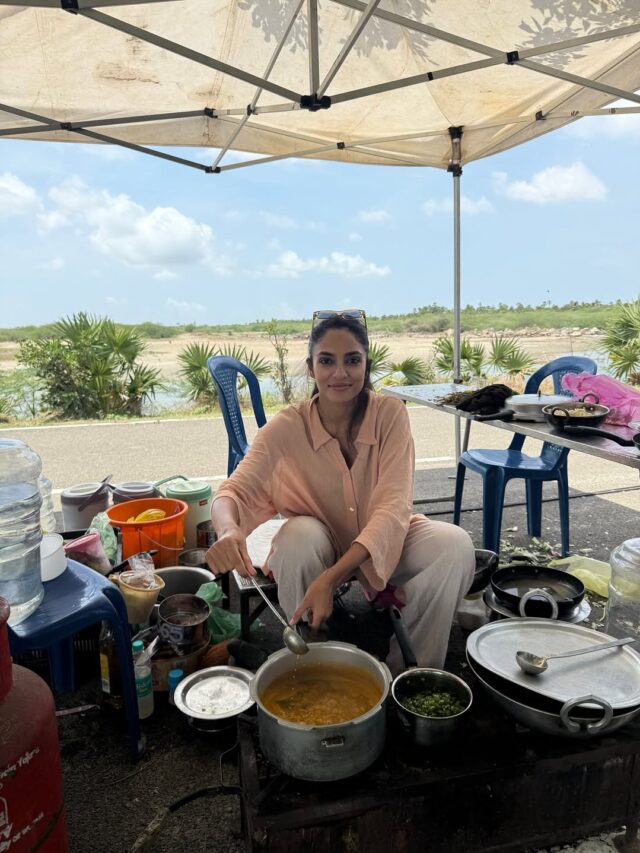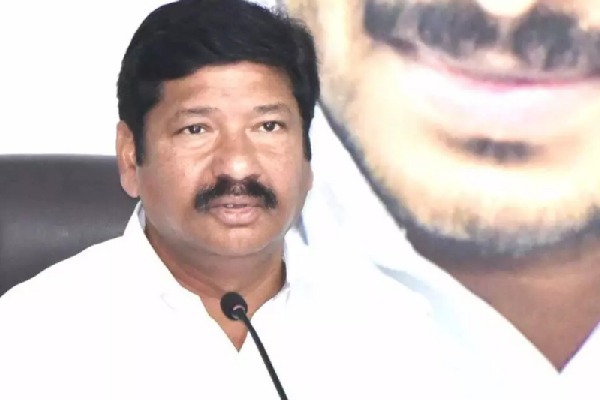Andhra Pradesh got a rude jolt in the case of Godavari-Banakacharla Project, as the Environmental experts committee refused to give approval to it, citing various objections. Environmental experts committee clarified that, judgements of Godavari Water Disputes Tribunal need to be studied before giving approval. The committee also stressed on the need for Central Water Commission’s approval for going ahead with the Godavari-Banakacharla Project.
While this development cannot be seen as disapproval of the Centre for Godavari-Banakacharla project, it highlights the need for more efforts on the part of AP Govt to get the approval for the ambitious irrigation project.
On the other side, Telangana is going ahead with its efforts to stop the Banakacherla Project. Telangana Irrigation Minister Uttam Kumar Reddy will give a PowerPoint Presentation on Godavari-Banakacharla Project on Tuesday. As the proposed Banakacharla Irrigation Project is turning into a bone of contention between two Telugu states, the Irrigation Minister has decided to give a detailed presentation, explaining Telangana’s point of view on the serious issue.
Uttam will give presentation at the Jyotiba Phule Bhavan, Hyderabad. Chief Minister Revanth Reddy will also attend, highlighting the significance of the move.
As Centre has approved the Pre-Feasibility Report (PFR) of the Godavari-Banakacherla Link Project proposed by Andhra Pradesh, Telangana has been raising concerns over the new project, alleging that it would seriously harm its interests. Already, Telangana has complained to Union Jal Shakti Minister CR Patil and is exploring legal options to stop the Banakacharla Project.
For the uninitiated, AP is planning to divert about 200 TMC of water from the Godavari river to a new reservoir at Bollapalli in Guntur district with a storage capacity of 150 TMC. It is planning to take up the ambitious project with an investment of more than Rs 80,000 Cr.
Chandrababu Naidu Govt is stressing that, water resources for Banakacharla Project will be from floods and not from the existing water allocations.




































